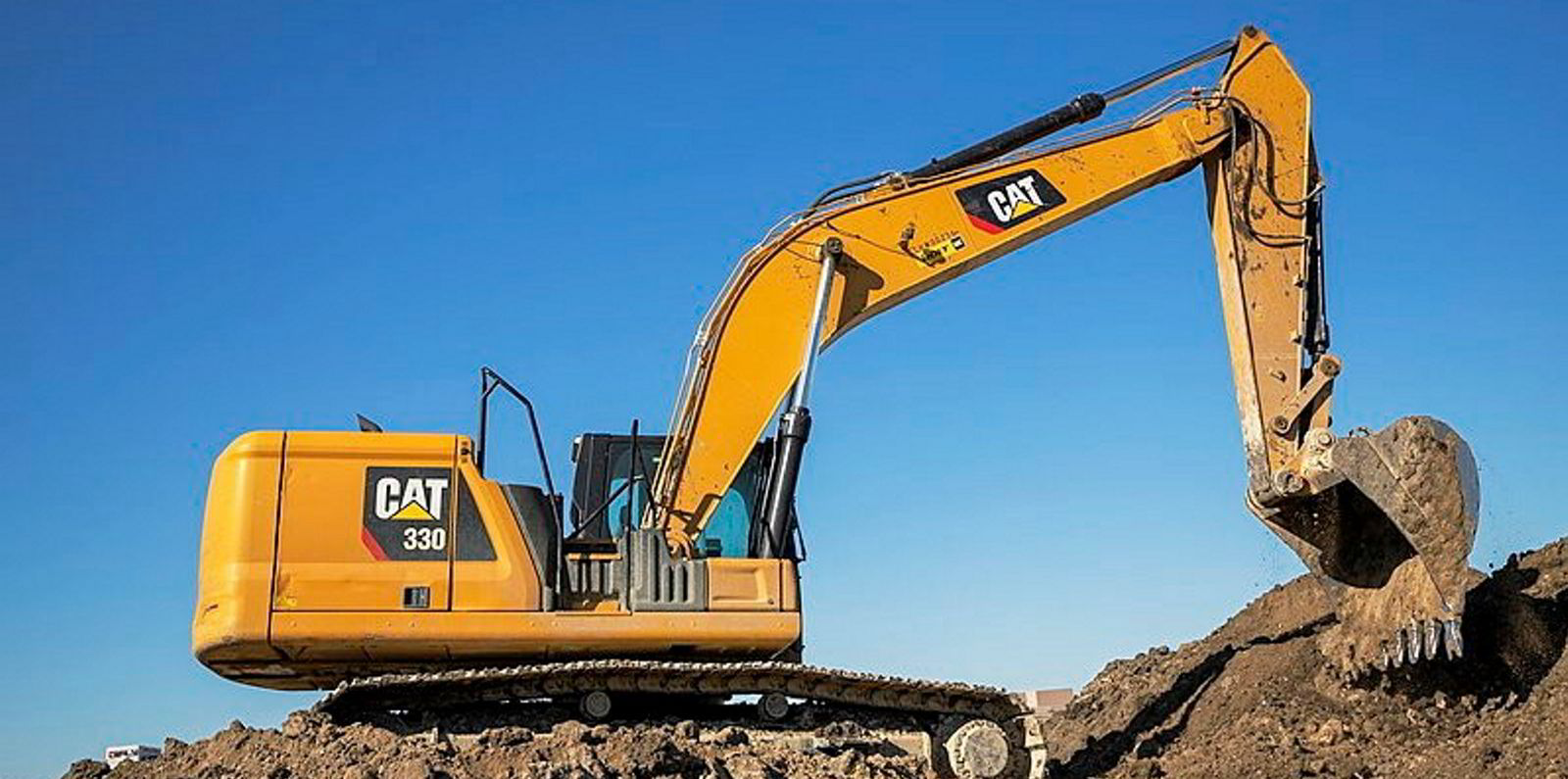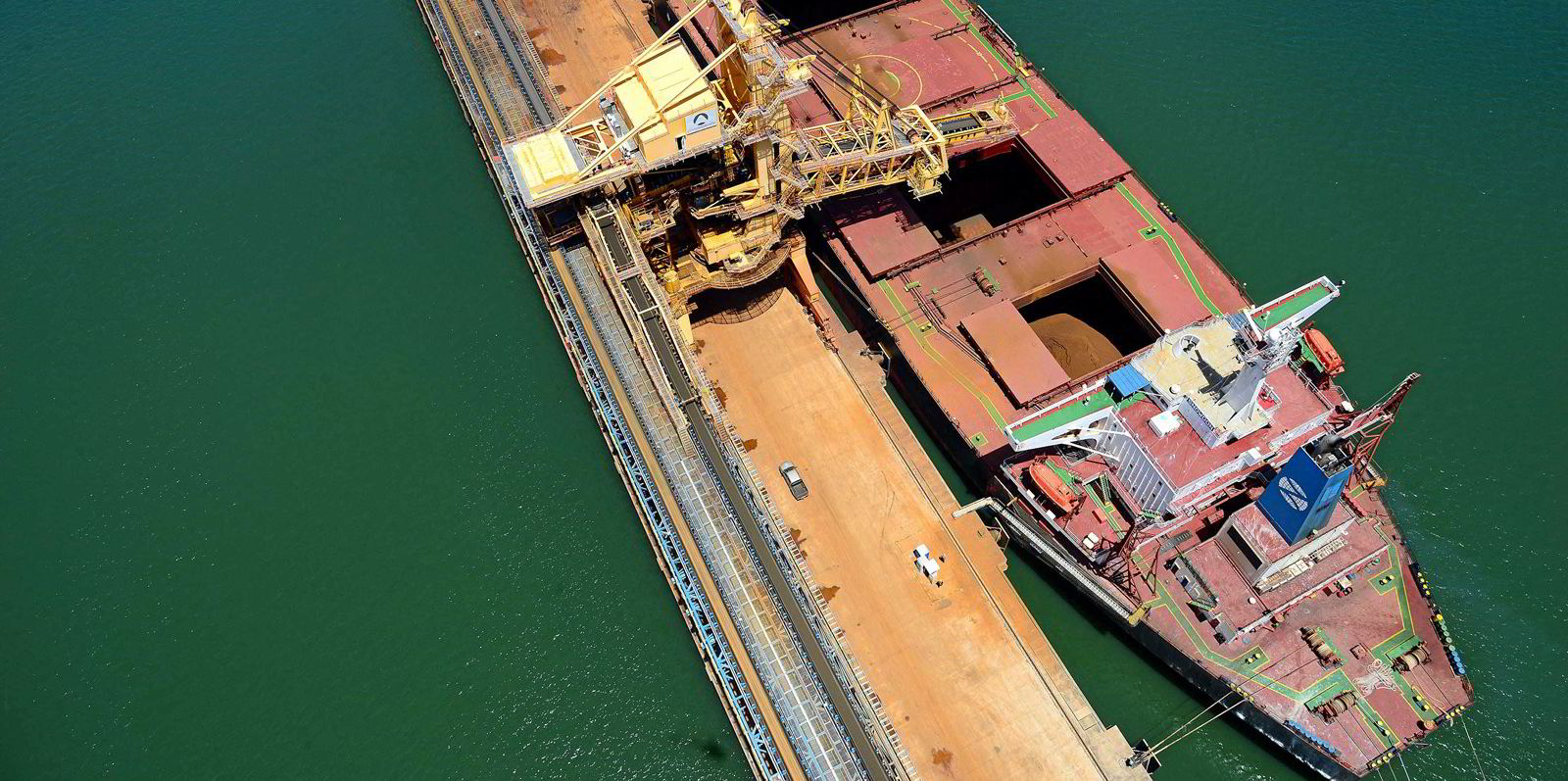Questions have been raised about how China’s economic slowdown will affect bulker markets. Clues can be found at JCB dealerships throughout the nation, according to research.
2022 was one of the worst years on record for Chinese economic growth. GDP grew by 3% year on year, missing the official target of around 5.5%.
But could a rise in the sale of excavators in China last year be a small sign of hope for import demand in raw materials and the services of bulk carriers? Research by Arrow Shipbroking Group says: quite possibly — and capesize bulkers will be the main beneficiaries.
Sales of excavators in China correlate closely with fluctuations in the Baltic Dry Index (BDI) and rose steadily in five consecutive months to November 2022, Arrow said in a research note on Thursday. Sales in November were up by 15.8% year on year (see graph below).
December data, expected to be published soon, may show a slight fall due to disruptions caused by China’s rapid reopening following widespread Covid lockdowns, Arrow noted.
“Excavator sales have been one of the most reliable leading indicators of construction activity in the past and picked up all the turning points in the BDI since 2008,” Burak Cetinok, head of research at Arrow, told TradeWinds.
“The recent recovery in sales suggests that construction companies in China are investing in heavy equipment in anticipation of improving activity in the near future.
“There is usually a bit of a lead time in equipment deliveries too. Sales tend to go up a few months ahead of the actual increase in construction activity.”
Construction is a highly commodity-intensive sector and, coupled with infrastructure, it accounts for more than 50% of steel demand in China, plus 27% of aluminium and 18% of copper demand, Cetinok added.
Of course, excavator sales are just a small indicator of wider economic phenomena. What is needed in China — and by the bulkers that depend on the country for transportation demand — is a recovery in the property sector and more infrastructural investments to boost demand for raw materials, particularly for steel production.
Research by the shipbroker suggests there will be challenges to the Chinese economy in the short term, but things could start to look up in late 2023.
In the coming weeks, the Lunar New Year holiday will most likely trigger a second wave of Covid infections that will cause further disruptions.
Nor will there be good news in the Western world, where demand is likely to weaken further as major economies are either in or may enter a recession within the next few months, Arrow said.
“Supply constraints, particularly that of iron ore, will also be critical and may impact volumes,” the research team said in the note.
“However, we believe that conditions will improve as we move further into 2023, with China driving the recovery in demand. Given the steel-intensive nature of the growth drivers, larger ships, mainly the capes, are set to lead the charge.”
Arrow pointed to the fact that property-related stocks and commodities have rallied strongly in China, “seemingly pricing in a recovery in the coming months”.
In the wake of increased credit risks related to property developers, Beijing has for some time been trying to stimulate the housing market by cutting mortgage rates — without much success.
But Arrow thinks the domestic property market could rebound “sharply” once home buyers’ confidence is restored, on the back of improving credit availability, lower mortgage rates, lower house prices and higher household savings.
“There are other signs pointing to a recovery in the housing sector. Land sales — which tend to lead construction activity by six to nine months — rose by 27% year on year in Q4,” it said.
“Weekly data shows that sales during the first two weeks of the year were 34% higher compared to the same period in 2022.”
Will you ever look at an excavator in the same way again?




